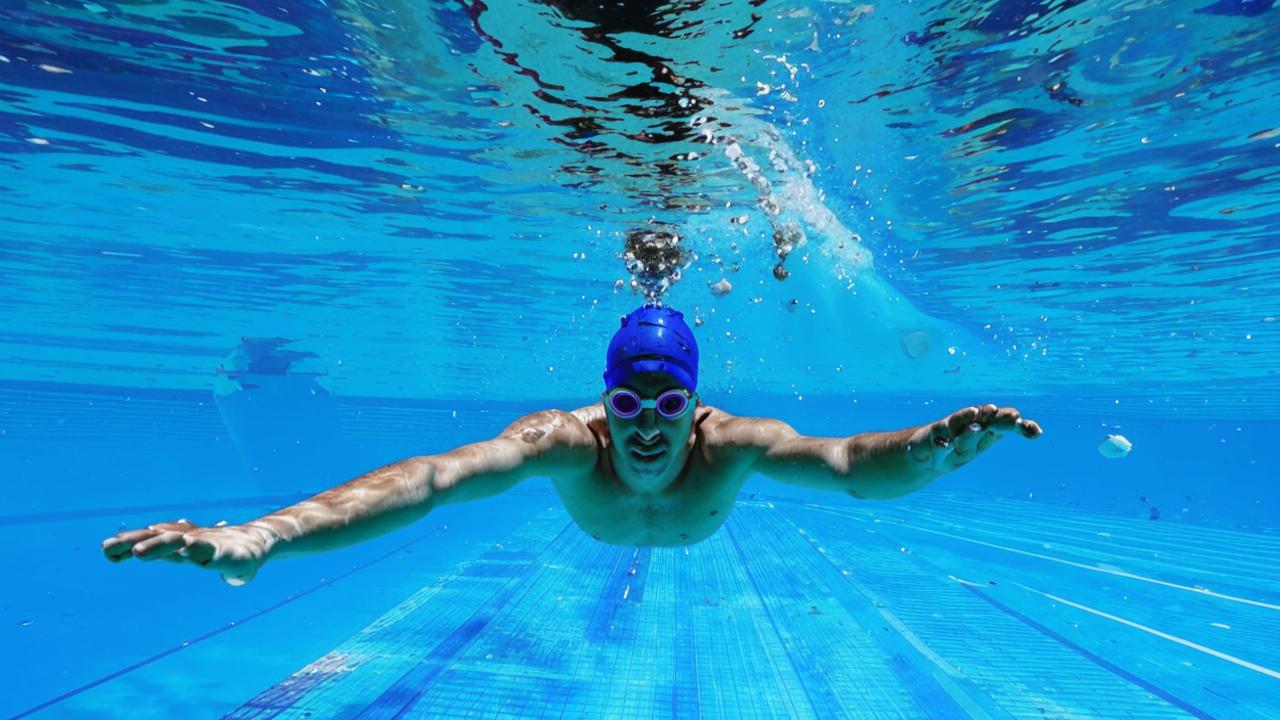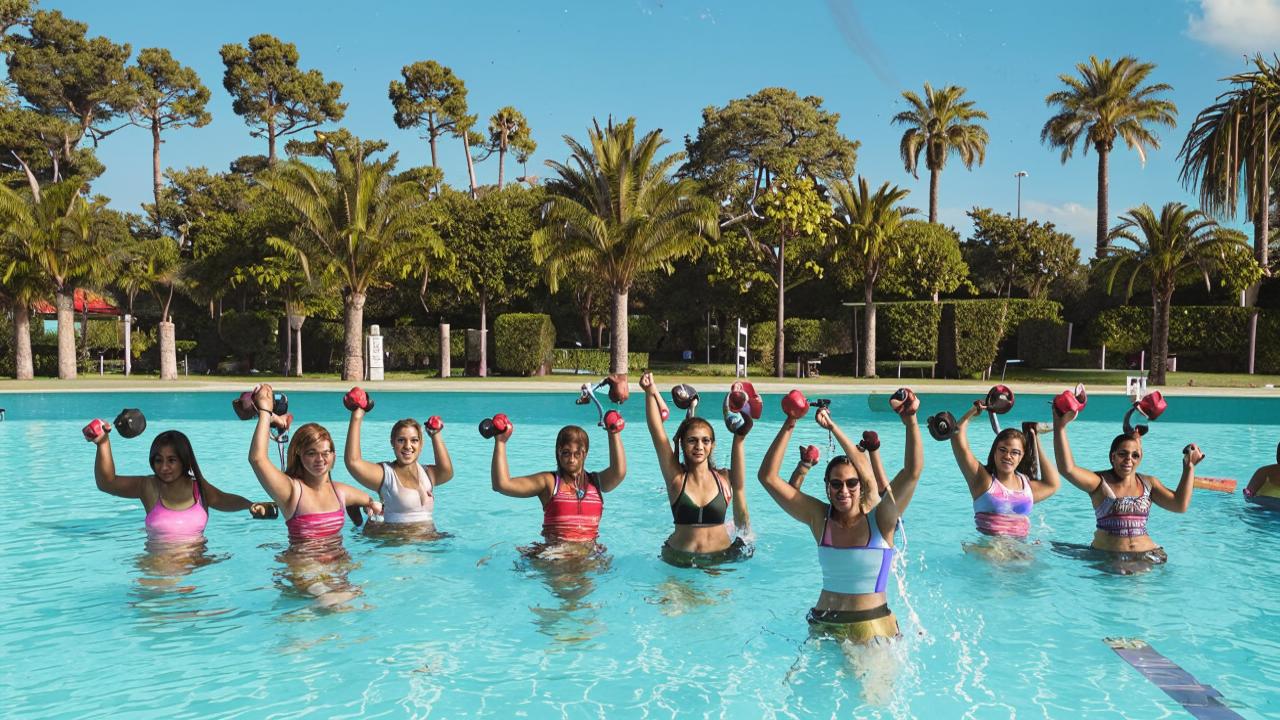Anyone who thinks that intense weight training in the gym is the best and healthiest way to achieve a strong, sculpted body is not yet familiar with the results of Harvard Medical School research.
For many, walking is the perfect exercise. But for those who have problems with their knees or hips, this activity is not suitable. And the peculiarities of the climate in certain countries do not always make walking outdoors pleasant. But water exercise in a warm indoor pool can be an attractive and even healthier alternative, which is also good for the heart.
What are the benefits of swimming?
In 2016, scientists from Harvard concluded that regular swimming sessions can reduce the risk of cardiovascular disease by 41%. The sport is also good for those recovering from injuries or surgeries.
“Swimming is good for obesity and arthritis sufferers: it reduces stress on bones and joints,” said Ai-Min Lee, a professor of medicine at Harvard Medical School who studies the role of physical activity in disease prevention.

According to scientists, swimming not only engages virtually every muscle in the body, but also helps burn a relatively large number of calories. It also protects the brain from age-related damage at an early stage.
In addition, Stephen Blair, a professor at the University of South Carolina, found that swimming increases cardiorespiratory endurance – the ability of the cardiovascular system to withstand exercise. He noted that the sport is ideal for everyone, including those with chronic health conditions. For example, in a study of more than 40,000 men aged 20 to 90 who were followed for 32 years, swimmers had a 50% lower risk of premature death than runners and walkers.
What are the advantages of swimming versus other sports?
One of the key benefits of swimming is that the water makes people light and sort of weightless, meaning it takes the strain off the joints. This can be especially helpful for overweight people.

Also, water offers more resistance than air, allowing people to exercise vigorously with minimal risk of injury. And a measured lap swim can be a relaxing meditative practice.
Finally, swimming is an activity that is accessible to people of all ages.
If you don’t like to swim for long periods of time or find it boring, try walking, running in the water, or aqua aerobics (a set of exercises performed while standing in water up to waist-deep or slightly above your waist).





